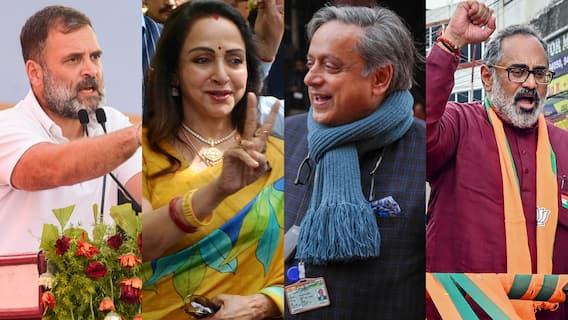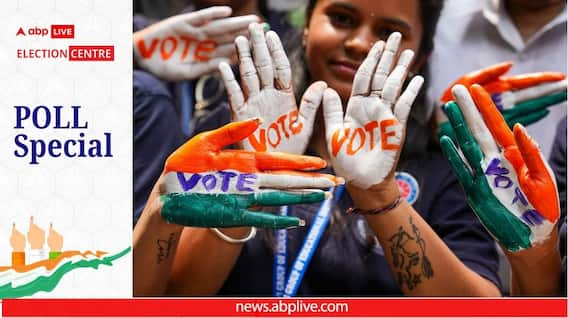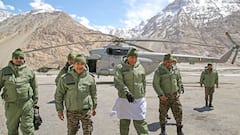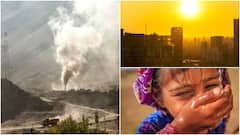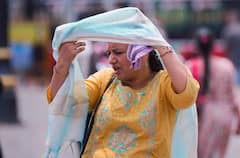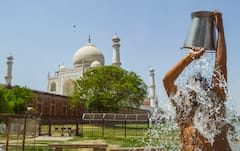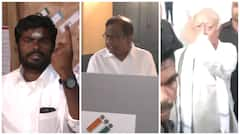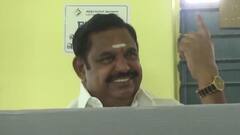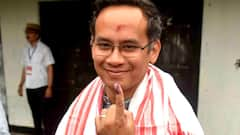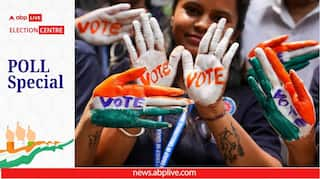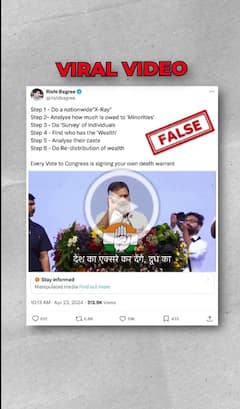Explorer
Advertisement

After UNHRC, Pakistan PM Imran Khan To Raise Jammu And Kashmir Issue At UN General Assembly
After the UNHRC, Pakistan is now set to again "misuse" the platform of UN General Assembly (UNGA) where its Prime Minister Imran Khan will be raising the issue of Jammu and Kashmir in the context of recent abolition of the state's special status granted under Article 370 of the Constitution.
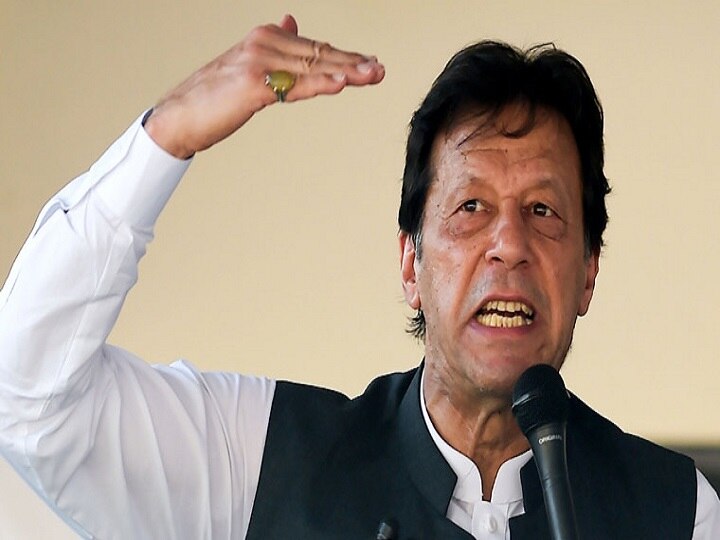
Just over 10 days ago when Pakistan raked up the issue of Jammu and Kashmir at the UN Human Rights Council (UNHRC), India termed it as a "misuse" of the platform and cautioned the global body to guard against such attempts. (AFP)
New Delhi: Just over 10 days ago when Pakistan raked up the issue of Jammu and Kashmir at the UN Human Rights Council (UNHRC), India termed it as a "misuse" of the platform and cautioned the global body to guard against such attempts.
After the UNHRC, Pakistan is now set to again "misuse" the platform of UN General Assembly (UNGA) where its Prime Minister Imran Khan will be raising the issue of Jammu and Kashmir in the context of recent abolition of the state's special status granted under Article 370 of the Constitution.
Khan is preparing to raise the issue at UNGA in an attempt to internationalise it. Pakistan's earlier attempts to rope in third party intervention have already been rebuffed by all the countries, who maintained that the issue should be resolved bilaterally between India and Pakistan.
At the UNHRC, Pakistan Foreign Minister Shah Mehmood Qureshi talked about Jammu and Kashmir and levelled wild and unsubstantiated allegations, which were immediately rebutted by India at the same forum.
"One delegation has given a running commentary with offensive rhetoric of false allegations and concocted charges against my country... We should call out those who are misusing this platform for malicious political agendas under the garb of human rights," Secretary (East) in India's Ministry of External Affairs Vijay Thakur Singh told the UNHRC on September 12, while hitting out at Pakistan.
Singh, who spoke soon after Qureshi's address, highlighted that Pakistan was abetting, financing and supporting terrorism, and asked the world community to "speak out" as "silence only emboldens terrorists" and "encourages their intimidatory tactics".
Hours later, Vimarsh Aryan, First Secretary at the Permanent Mission of India to UNHRC, had said: "We are not surprised at Pakistan's hysterical statements with false, fabricated narratives aimed to politicize and polarize this forum."
The Indian diplomats highlighted that Pakistan is the "epicenter of terrorism", which conducts cross-border terrorism "as a form of alternate diplomacy" vis-à-vis India, and cautioned the world body against allowing its platform to be misused by such nations.
Hitting out at Pakistan, Aryan said: "Pakistan has the audacity to tell others about human rights that it so egregiously violates again and again."
In this context, he drew the attention of the world community to Pakistan's persecution and elimination of religious and ethnic minorities - be it the Christians, Sikhs, Shias, Ahmadiyas and Hindus.
"This is the reason that Pakistan no longer publishes official statistics about its minorities as India does," he said.
The "blatant abuse" of blasphemy laws in Pakistan to persecute minorities is well documented, the diplomat said and gave the example of Aasia Bibi, the Christian woman who was incarcerated for years, and Abdul Shakoor, the 82-year-old Ahmadiya, held under Anti-Terrorism Act for selling books.
He said the recent case of abduction, forced conversion and marriage of a minor Sikh girl Jagjit Kaur, exemplifies the state of women, especially from the minority communities in Pakistan.
Slamming Pakistan, Singh said: "Those who abet, finance and support terrorism in any form on territory under their control are in truth the worst violators of human rights. The world, in particular India, has suffered greatly on account of the activities by practitioners of state sponsored terrorism and it is time to collectively take decisive and firm action against terror groups and their abettors who threaten the fundamental human right to life."
On ending special status of Jammu and Kashmir, Aryan said Article 370 was a temporary provision of the Indian Constitution and its recent modification is "within our sovereign right and entirely an internal matter of India".
Highlighting India's rich democratic credentials dating back centuries, Singh said the country, as a responsible member of the international community, "believes in a constructive approach to promote and protect human rights".
Follow Breaking News on abp LIVE for more latest stories and trending topics. Watch breaking news and top headlines online on abp News LIVE TV
View More
Advertisement
Advertisement
Advertisement
Top Headline
India
Election 2024
Election 2024
India
Advertisement
Trending News

for smartphones
and tablets
and tablets




